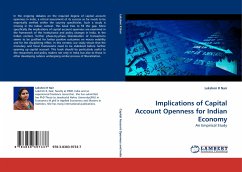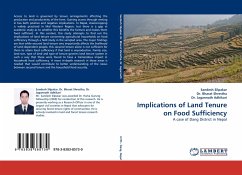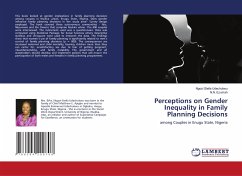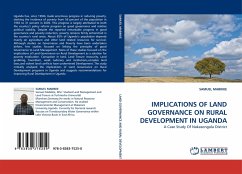
Implications of Capital Account Openness for Indian Economy
An Empirical Study
Versandkostenfrei!
Versandfertig in 6-10 Tagen
45,99 €
inkl. MwSt.

PAYBACK Punkte
23 °P sammeln!
In the ongoing debates on the required degree of capital account openness in India, a critical assessment of its success so far needs to be empirically verified within the country specificities. Such a study is missing in the Indian context. This book tries to fill this gap. More specifically the implications of capital account openness are examined in the framework of the institutional and policy changes in India. In the Indian context, further phase-by-phase liberalization of transactions seems to be justified for better positive outcomes on macro volatility and for the disciplining effect. ...
In the ongoing debates on the required degree of capital account openness in India, a critical assessment of its success so far needs to be empirically verified within the country specificities. Such a study is missing in the Indian context. This book tries to fill this gap. More specifically the implications of capital account openness are examined in the framework of the institutional and policy changes in India. In the Indian context, further phase-by-phase liberalization of transactions seems to be justified for better positive outcomes on macro volatility and for the disciplining effect. In this context, our study shows that the monetary and fiscal frameworks need to be stabilized before further opening up capital account. This book should be particularly useful to the researchers and policy makers not only in India but also to those in other developing nations undergoing similar process of liberalization.












